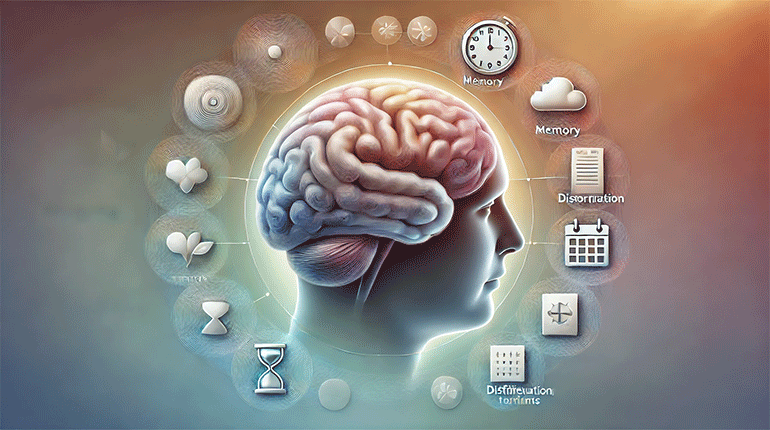Early Signs and Symptoms of Dementia
Dementia is a progressive condition that affects cognitive functions, behavior, and daily living. Early detection of dementia is crucial, as it allows individuals and their families to access support and plan for future care effectively. Recognizing the early signs and symptoms can lead to timely medical intervention, which may slow the progression of the disease and improve quality of life. This article delves into the common signs, behavioral changes, and the significance of early diagnosis.
Common Signs: Memory Loss, Confusion, and Difficulty Performing Daily Tasks
Memory loss is often one of the earliest and most recognizable symptoms of dementia. Unlike occasional forgetfulness experienced during normal aging, dementia-related memory loss is persistent and progressively worsens over time. For instance, an individual may forget recent conversations, important dates, or events and repeatedly ask the same questions. As the condition progresses, they might struggle to recognize familiar faces or places.
Confusion is another hallmark symptom. This can manifest as difficulty understanding time, dates, or locations. Individuals may become disoriented even in familiar environments, such as getting lost while walking in their neighborhood. This confusion often extends to difficulty following instructions or maintaining focus during conversations or tasks.
Dementia also impacts the ability to perform daily tasks that were previously routine. Tasks such as managing finances, preparing meals, or even dressing appropriately for the weather can become challenging. These difficulties are not merely occasional lapses but consistent struggles that interfere with independence and daily functioning.
Behavioral Changes: Increased Agitation, Anxiety, or Mood Swings
In addition to cognitive symptoms, dementia often leads to significant changes in behavior and personality. Increased agitation and irritability are common, especially as individuals become frustrated with their inability to perform tasks or communicate effectively. Anxiety can also intensify, driven by confusion or fear about their surroundings or circumstances.
Mood swings are another frequent feature of dementia. Individuals may exhibit uncharacteristic sadness, anger, or apathy. In some cases, these mood changes may mimic symptoms of depression, making it challenging to distinguish between the two conditions without a thorough medical evaluation. Behavioral changes can strain relationships and caregiving dynamics, underscoring the need for understanding and patience from loved ones and caregivers.
The Importance of Early Diagnosis for Better Care and Management
Early diagnosis of dementia offers several benefits. It enables individuals to understand their condition, access resources, and participate in decisions about their care while they still can. Medical interventions, such as medications and therapies, may help slow the progression of symptoms in the early stages. Additionally, early diagnosis allows families and caregivers to prepare for the future, including arranging legal and financial matters and exploring long-term care options.
Moreover, awareness of an early diagnosis can help individuals adopt lifestyle changes that may support brain health. Engaging in regular physical activity, maintaining a balanced diet, staying socially active, and managing other health conditions like hypertension and diabetes are all strategies that may contribute to better outcomes.
Public education about the early signs of dementia is essential for reducing stigma and encouraging individuals to seek help promptly. Many people dismiss initial symptoms as normal aging, delaying medical evaluation until the condition has significantly progressed. Increased awareness and understanding can empower individuals and families to take proactive steps in managing dementia.
Dementia’s impact on individuals and their families is profound, but recognizing its early signs and symptoms can make a meaningful difference. By identifying memory loss, confusion, difficulty with daily tasks, and behavioral changes early, individuals can access timely care and support. With proper management, it is possible to maintain a higher quality of life and plan effectively for the future.
References
Alzheimer’s Association. (2024). “10 Early Signs and Symptoms of Alzheimer’s.” Retrieved from https://www.alz.org
National Institute on Aging. (2024). “What Are the Early Signs of Dementia?” Retrieved from https://www.nia.nih.gov
Mayo Clinic. (2024). “Dementia Symptoms and Causes.” Retrieved from https://www.mayoclinic.org

